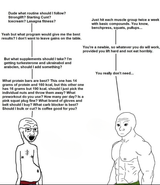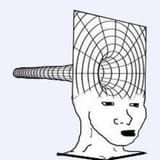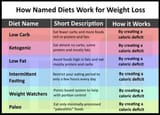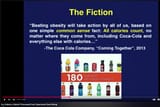>>76420843
No — this does not invalidate CICO. In fact, it perfectly confirms it.
Let’s break it down clearly:
---
What You’re Describing
The list you posted shows how diet affects thyroid hormones (T3, T4), which in turn impact your metabolic rate (calories out).
> That means: Your “calories out” side of the CICO equation is adaptive.
This is expected in every serious model of energy balance.
---
Why It Doesn’t Invalidate CICO
Claim Reality
“Fasting or severe restriction lowers T3 and metabolism.” True — but that means CICO is still working: your output shrinks, so weight loss slows. You’re not “violating” energy balance — your body is defending it.
“Low-carb diets lower T3.” Sometimes — but again, this affects how many calories you burn, not whether you burn more than you eat.
“Nutrient deficiencies impair T3/T4.” Yes — which means you burn fewer calories, again shifting the ‘out’ part of the equation.
These are all changes to calories out.
They’re part of CICO, not a rebuttal to it.
---
Real Example: Starvation Mode
When someone is:
eating very little,
has low thyroid output,
and not losing weight...
It’s because their TDEE has dropped dramatically (sometimes by hundreds of calories/day). They're not violating CICO — they're not in a deficit anymore relative to their new, suppressed metabolic rate.
---
Big Picture:
> CICO is not just “eat less, lose weight.”
It's:
Change in body mass = calories in – calories out
…where “calories out” includes BMR, NEAT, TEF, and exercise — all of which can be influenced by thyroid, hormones, stress, diet, etc.
If your thyroid output drops, calories out drops. But the principle still holds.
---
Final Answer:
No, this doesn’t invalidate CICO.
It just shows that CICO is dynamic, not static — and the body can adapt. But the law of energy conservation still rules the system.




















